5. The Nightmare (2015)
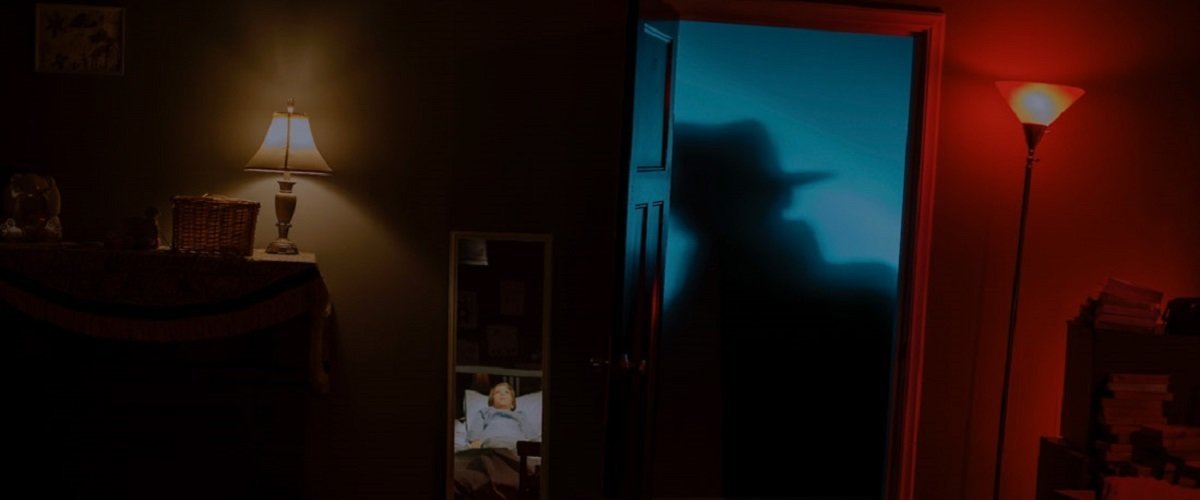
The idea of sleep paralysis is a phenomenon experienced by untold scores of people throughout the ages, unlike other freak occurrences like spontaneous combustion. Due to the alarming lack of study surrounding this whole idea, one could come to the assumption that sleep paralysis is one of humanity’s most popular run-in with the supernatural, or at least it comes close.
The Nightmare is a film that explores such a mysterious phenomenon, it documents eight different individuals and their personal experiences with sleep paralysis. What was made apparent through this interviews are the alarming similarities between the stories of these people, similarities in terms of their oddly specific hallucinations, making the whole idea seem less of a science (as the film explicitly states that science has failed to truly comprehend the whole situation) and more of a mysterious, otherworldly force being at play.
The fact that as abovementioned, this phenomenon is actually experienced by a rather large amount of the global population (albeit at a more toned down level) makes it all the more terrifying.
Additionally, the presentation of the film adds an extra level of terror to the film, the re-enactment scenes are properly paced and well-shot, completely nailing the surreal atmosphere, even the simplest of things such as the interviews itself, were lit like actual horror films, which truly reflects the psyche of the subjects and assists the audience in visualizing what can be interpreted as visual representation of the unknown, and the terrors that come with it.
4. Act of Killing (2012)
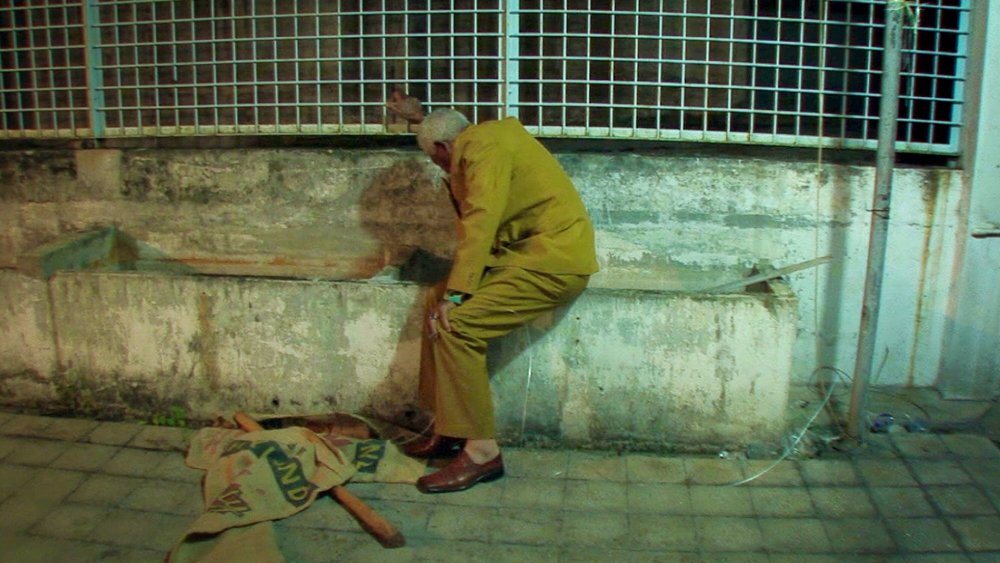
An abhorrent yet well-made film, Act of Killing follows former death squad members as they reflect on the atrocities they committed in the past. With that being said, not only did these people not face any real repercussions for their actions, but they are seen as highly respected members of the community. They look back at their exploits not with remorse but with pride, they joke about it, they trivialize it, they attempt to justify the brutality that they put forth on innocent people.
The film puts us in the perspective of these monsters, and the worst part is, when one of them actually do feel a sense of remorse for his actions, the audience is led to sympathize with him subconsciously, at a Freudian level, for going through what conventional cinema deem a “character change”, almost glossing over the fact that this was a man who killed hundreds of innocents.
The Act of Killing is a horror film in every definition of the term. It is a horror film as the monstrous subjects the film shines a light on are still alive until this very day, they still thrive in their communities, they still brag about their exploits. These people are let loose to interact with children, these are killer who even have the sheer audacity to reenact their crimes. If that fact isn’t horrifying to know, what is?
3. Jesus Camp (2006)
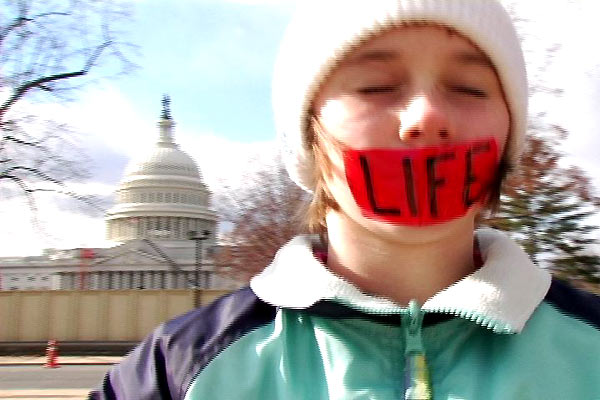
Jesus Camp is a documentary surrounding a group of evangelical Christians in the United States. Sounds docile enough, but the subjects in the film have such demented mindsets twisted to the point that comparing them to the radical terrorists of ISIS seem be justified, and this isn’t an opinionated statement, one of the subjects interviewed by the filmmakers literally made the comparison herself.
The true horror of the film stems from the fact that such individuals live not in the despotic regime of North Korea, nor the politically unstable underbelly of Indonesia, but the heartlands of America. Additionally, the crux of the film, is the evangelicals’ influence on children, who set up, as the title suggests, “Jesus Camp” for them to grow up to become zealots of the same caliber.
This film is very much a companion piece to Under the Sun, the film sitting at #9 on this list. What caused the distinct gap in list placement is the fact that this hits alarmingly close to home, this is happening in America, right under our noses, and despite that, the attitudes of the youth, the “cult of personality” if you will, is honestly no different from what the North Koreans succumb to.
2. Dear Zachary: A Letter to a Son About His Father (2008)
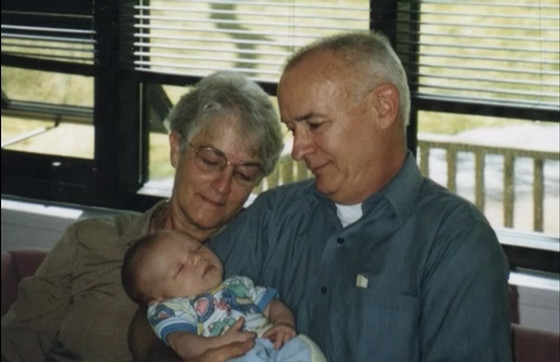
The common factor most of the films on this list share is that the focus is more on the collective rather than the individual. No matter how exhaustively they explore the crimes of a collective, a personal connection is very difficult to be made beyond superficial emotion.
Dear Zachary: A Letter to a Son About His Father is a film that focuses solely on the sins of an individual, complete with a level of detail and scrutiny befitting films like Earthlings or The Nightmare. The film starts off amicably, Kurt Kuenne, a filmmaker, decides to use the language of cinema to honor the memory of his dead friend, memorializing him to preserve his legacy for his friend’s infant child.
The film’s pace slowly builds up, audiences come to learn more about the departed, holding him in the same level of regard as Kuenne, who then proceeds to touch on the manner of his friend’s murder. A suspect is immediately brought to light, but not to justice, due to the circumstances of the case and the state of the law.
The ensuing hour and a half explores the extent of that woman’s cruelty. From this brief description, one might wonder- “How does this sound like a terrifying film?”. Nevertheless, understand that little can be truly said about Dear Zachary without spoiling it, and this is a film that needs to be experienced in its fruition, because when you do, the film is an absolute nightmare, especially when you consider the emotional turmoil the family faced and the unchecked evil of the woman involved.
This is a film that will incite more hatred than Jesus Camp ever will. This is a film that tugs at your heartstrings so hard that tears would most definitely flow. This is an absolute emotional rollercoaster ride of a film.
1. The Corporation (2003)
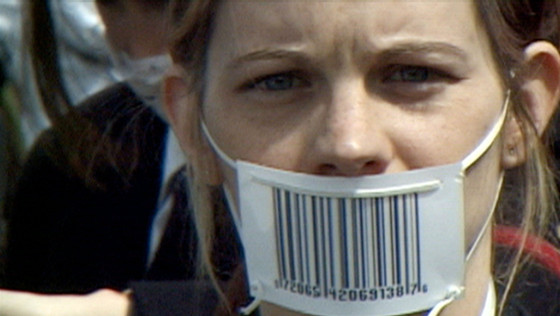
The Corporation is a very in-depth exposé on big, multi-national corporations and the many evils that they commit, with the filmmakers sparing no expense in showing us the scope and every facet of their immorality with the almost 3-hour runtime.
What sets The Corporation apart from other exposés, is that despite the fact that the film focuses on the collective and not the individual, which it does so adeptly, the film also examines the collective as an individual. It explores the evils of the big corporation in the same manner as one would a psychopath during psychiatric evaluation, complete with an extensive checklist for evaluation.
What’s alarmingly off-putting is the fact that the metaphorical checklist ended up being complete, which is to say, there is little separating big corporations from individuals one would normally encounter in maximum security prisons.
Perhaps the greatest horror stems not from syndicates revolving around fetishes, or pseudo-scientific phenomenon, as these affect only a handful of individuals worldwide. The greatest horror come from evil happening all around you, evil that affects you on a personal level, on an almost day-to-day basis.
Corporations have long been an integral part of modern civilization, they shape almost every aspect of human culture, and to come to the understanding of their diabolical methods, which do in fact, threaten human lives, raises extreme concern and dread.
Author Bio: Zach Wee is a film student from Singapore. Apart from being an aspiring filmmakerr, Zach has a strong passion for cinema and manages the website of his school’s film club, where he edits and also submits weekly film reviews.